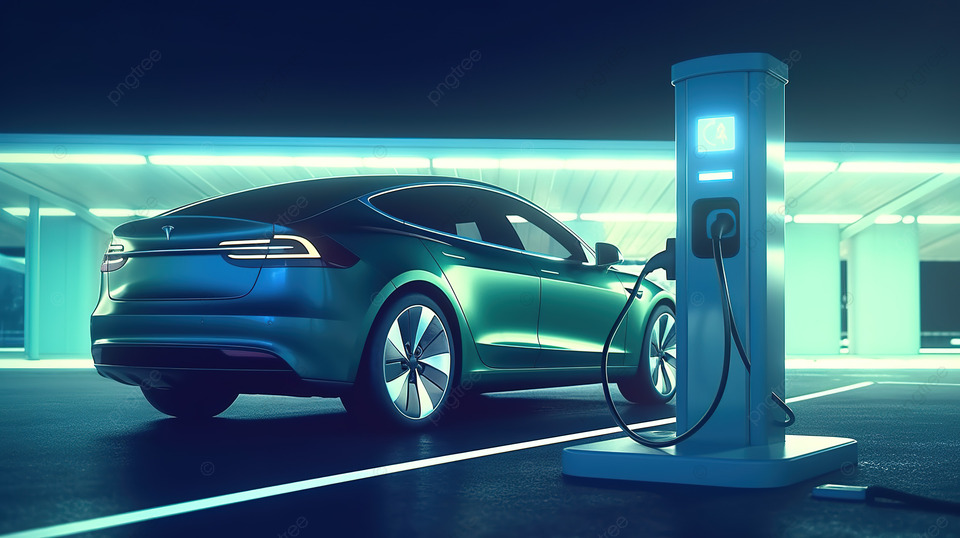With the growing appeal of electric vehicles (EVs), making an informed purchase decision is key. Whether you’re new to the EV market or thinking about upgrading, here are vital considerations for selecting an electric vehicle:
Driving Range: The driving range of an EV indicates how far it can go on a single battery charge. Reflect on your daily travel needs to see if the vehicle’s range suits your lifestyle. For those who often cover long distances or rely on their car extensively, choosing a model with a greater range could ease concerns about running out of charge and add to your convenience.
Charging Network Availability: Look into the charging infrastructure in your locality and along your usual routes. It’s important to have access to charging points at strategic locations like work, public parks, or malls. Additionally, the type of charging ports and their compatibility with your vehicle are worth considering. Familiarizing yourself with the available charging networks can ensure you’re never far from a charge point.
Charge Time: The duration it takes to charge an EV can greatly affect your driving routine. Vehicles that support rapid charging can save you time by replenishing their batteries more swiftly. Evaluate if fast charging is a necessity for you and whether such facilities are readily available in your area or for the vehicle model you’re considering.
Battery Durability and Guarantee: Investigate the lifespan of the EV’s battery and the warranty coverage from the manufacturer. Knowing the warranty specifics for the battery can safeguard against unforeseen expenses due to battery failures. Look into the brand’s track record for battery durability to choose an EV with a dependable, long-lasting battery.
Performance: The performance of an EV, characterized by immediate torque and smooth acceleration, varies across models. If performance is a priority, explore the vehicle’s specs like horsepower, torque, and 0-60 mph times to match your performance expectations. Remember, higher performance may decrease range because of greater power consumption.
Total Cost of Ownership: Despite EVs typically having a higher initial cost than gas vehicles, they offer savings in the long run on fuel and maintenance. Electric vehicles require less upkeep and are cheaper to ‘refuel’ with electricity. Also, look into any government or local incentives, such as tax breaks or rebates, which can help reduce the purchase price.
Home Charging Setup: Installing a home charging station can significantly enhance the convenience of EV ownership. Assess the practicality and expense of setting up a Level 2 charger at home for faster charging than what’s possible with a standard outlet. Consulting a professional electrician to check your home’s electrical capacity and including the installation cost in your overall budget is advisable.
Taking these factors into account will enable you to choose an electric vehicle that fits your needs and offers a rewarding driving experience.




